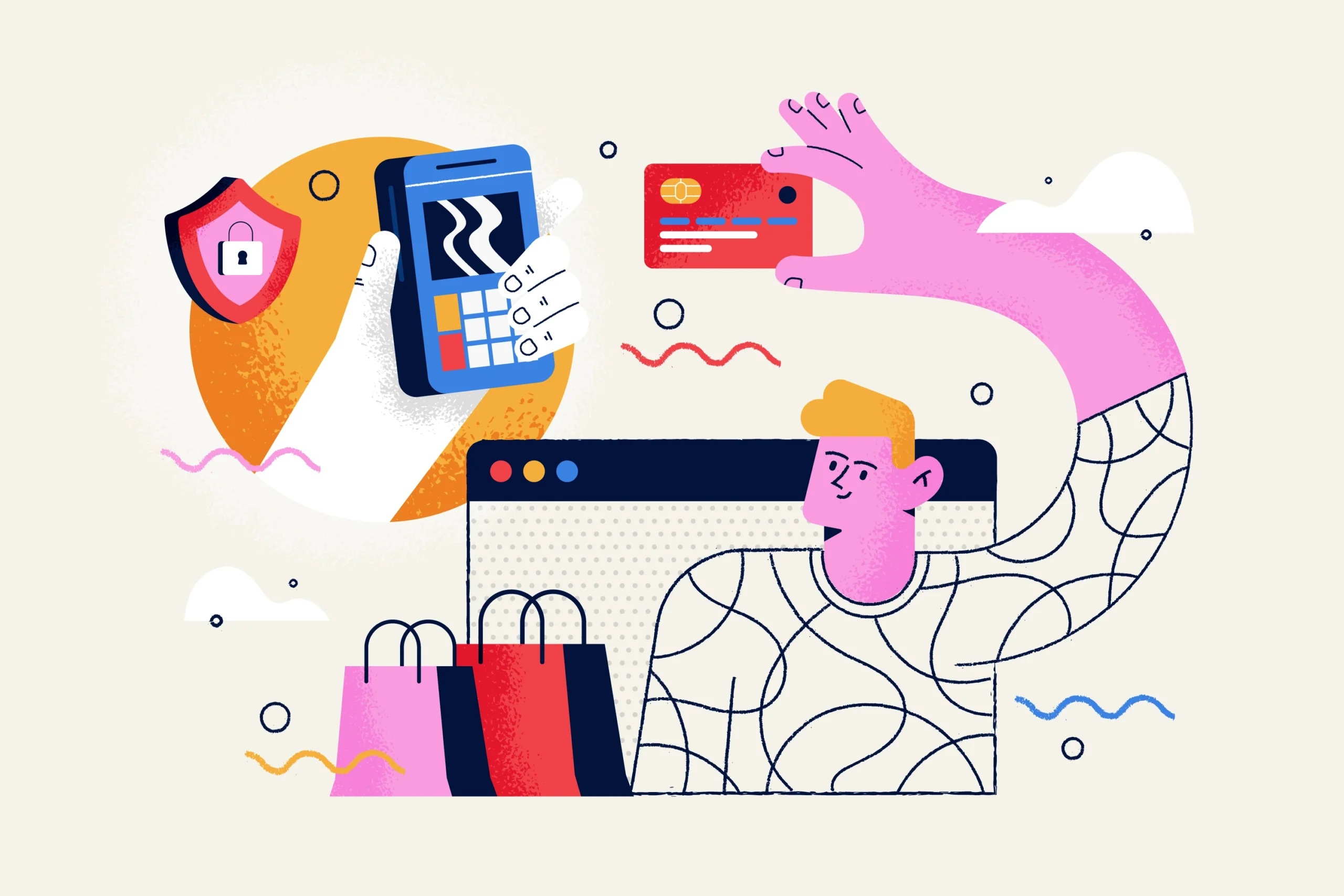Mystery shopping is perhaps the greatest asset when it comes to maintaining a consistently high standard of service in the hospitality industry. Whether you operate a boutique hotel, fine-dining restaurant, or cozy café, using mystery shopping in hotels and restaurants allows you to receive detailed, balanced, and realistic feedback on the actual experience your guests are having.
At SecretPilot, we help hospitality businesses protect their brand reputation and elevate their guest satisfaction through strategic mystery shopping programs. Below are our top 7 tips for successfully implementing mystery shopping in your hotel or restaurant, ensuring long-term quality assurance and staff performance improvement.
1. Set Specific Goals
Every mystery shopping program must begin with clarity. You need to define what exactly you want to measure and why. Are you concerned about the friendliness of your reception staff? Are guests receiving their meals within an acceptable time? Is your team demonstrating strong product knowledge or menu fluency?
By setting specific goals before launching a mystery shopping visit, you ensure that the feedback you receive will be relevant, measurable, and actionable. In the context of mystery shopping in hotels and restaurants, this could mean assessing everything from check-in efficiency to cleanliness, food presentation, and upselling behavior.
2. Choose the Right Mystery Shopper
A successful mystery audit depends on realism. That means the shopper should match the profile of your average guest or customer in terms of age, lifestyle, expectations, and even language.
At SecretPilot, we carefully match mystery shoppers to our clients’ customer base, ensuring the feedback reflects what real guests would think and feel. Whether the client is a five-star hotel or a casual café, authenticity in shopper selection is what makes the insights truly valuable.
3. Provide a Realistic and Complete Scenario
The best mystery shopping visits are rooted in real-life guest behavior. That’s why creating a clear and complete scenario for the mystery shopper is essential. This scenario should include:
-
Time of visit
-
Expected spend
-
Specific services to test (e.g., booking a room, ordering a cocktail, requesting assistance)
-
Behaviors to observe (e.g., greeting language, table clearing, room readiness)
When mystery shopping in hotels and restaurants, the more life-like the visit, the more reliable and insightful the results will be.

4. Identify the Key Touchpoints to Evaluate
A mystery audit should cover the full guest journey — not just isolated moments. In restaurants, key touchpoints include:
-
Initial greeting
-
Menu explanation and staff knowledge
-
Time to receive food and drinks
-
Quality of service throughout the meal
-
How the check and farewell are handled
In hotels, the touchpoints are broader:
-
Reservation experience (if included)
-
Arrival and check-in interaction
-
Room cleanliness and readiness
-
Room service or concierge response
-
Check-out experience
SecretPilot helps you map and assess each stage, ensuring no part of the guest experience goes unnoticed.
5. Train Your Team — But Don’t Reveal the Details
Employees should be aware that your business values service quality and uses tools like mystery shoppers to evaluate performance. However, they should never know exactly when or how the audit will occur.
This keeps staff engaged, motivated, and consistent in their service — not just performing for the audit, but maintaining high standards at all times. The idea isn’t to catch employees off guard, but to promote a steady culture of excellence.
6. Use a Structured and Professional Reporting System
Random comments or vague feedback won’t help you grow. That’s why it’s critical to use a professional, structured reporting format. Our SecretPilot reports include:
-
Numeric scoring systems
-
Written observations
-
Images when necessary
-
Timestamped notes
-
Section-by-section breakdowns of each touchpoint
These detailed reports allow you to track performance over time, compare results across locations, and prioritize improvements based on real-world data.
7. Take Action Based on the Results
The purpose of mystery shopping in hotels and restaurants isn’t just to assess — it’s to improve. Use the findings to:
-
Reward and recognize outstanding service
-
Identify training opportunities
-
Implement new operational standards
-
Spot trends across different visits
By integrating mystery audits into your routine quality control cycle, you build a long-term system for improvement and accountability.
Conclusion: Creating a Culture of Excellence
Mystery shopping isn’t about spying or punishment. It’s about helping your team grow, optimizing every guest interaction, and ensuring your service stays one step ahead of expectations. In the highly competitive hospitality world, small issues can cost you loyal guests — but well-informed decisions can elevate your entire brand.
At SecretPilot, we offer professional mystery shopping in hotels and restaurants with a focus on accuracy, relevance, and real improvement. Ready to see what your guests really experience?
Let’s talk. Visit www.secretpilot.co to learn more or schedule your first audit today.
